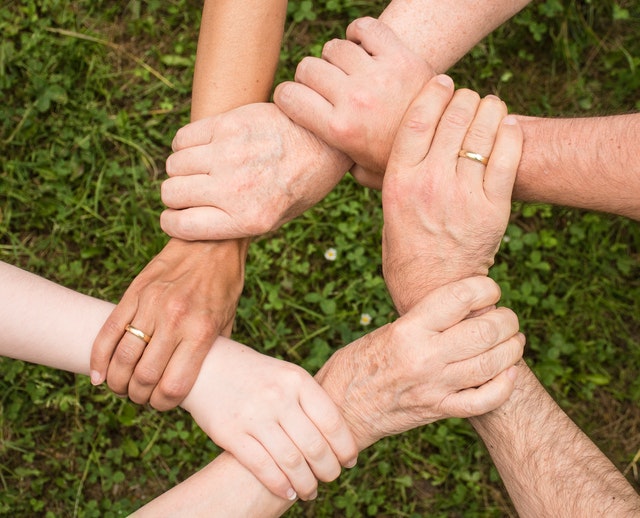Volunteerism is at the heart of the YMCA’s mission to build strong, connected communities. Through service, the YMCA engages volunteers of all ages, encouraging them to take an active role in supporting local needs, creating opportunities for personal growth, and fostering a sense of belonging within the community.
Volunteers as Community Builders
YMCA volunteers play a pivotal role in bringing the organization’s mission to life. From coaching youth sports teams to mentoring children in after-school programs, volunteers are essential in helping the YMCA deliver impactful services to the community. By giving their time and expertise, volunteers extend the reach of YMCA’s programs, ensuring that more individuals and families can benefit from the resources offered.
These volunteers become community builders by creating spaces where individuals can thrive, whether that’s through facilitating wellness programs, organizing community events, or offering support to those in need. Their involvement ensures that the Y can continue to provide vital services that promote physical health, education, and social engagement.
Creating Opportunities for Personal Growth
Volunteering at the YMCA is not only about giving back to the community but also about personal development. Many volunteers, particularly young people, gain valuable skills through their work with the Y. For example, coaching or tutoring programs offer the chance to develop leadership, communication, and organizational skills, while also gaining experience in community service.
For those looking to make a lasting impact, volunteering at the YMCA can serve as a gateway to careers in education, social work, and public service. The YMCA provides training and mentorship opportunities for volunteers, ensuring that their experiences are both rewarding and transformative.
The Role of Volunteers in Promoting Social Inclusion
Volunteers at the YMCA also play a crucial role in promoting social inclusion. By engaging in service, volunteers help bridge gaps between different groups in the community, fostering connections between people from diverse backgrounds, ages, and abilities. Many YMCA programs focus on inclusion, ensuring that individuals with disabilities, seniors, and marginalized groups have access to fitness programs, social activities, and educational resources.
Volunteers help to create welcoming environments where all individuals feel valued and included. Whether it’s leading fitness classes, organizing special events, or offering support to individuals in need, volunteers contribute to building a more equitable and inclusive community.
Impact on Local Communities
The impact of YMCA volunteers on local communities cannot be overstated. Their dedication to service helps the YMCA to provide essential services, from youth development programs to health and wellness initiatives. Volunteers also play a key role in addressing urgent local needs, such as food insecurity, homelessness, and educational support.
By fostering a culture of volunteerism, the YMCA strengthens its relationship with the community, encouraging individuals to take an active role in making a positive difference. The ripple effect of volunteer efforts extends far beyond the Y’s walls, helping to create healthier, more connected communities where people support one another.
Volunteerism is a cornerstone of the YMCA’s mission to build stronger communities. Through their selfless dedication and service, YMCA volunteers not only contribute to the success of community programs but also foster a culture of compassion, inclusion, and personal growth. Their work demonstrates the transformative power of service, creating a lasting impact on the individuals they help and the communities they serve.



